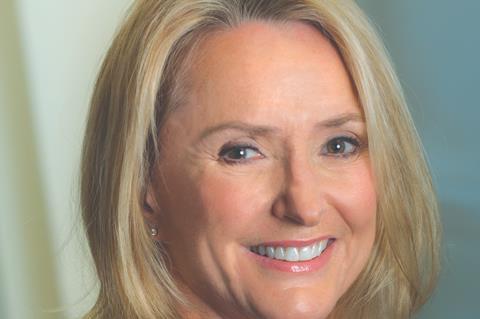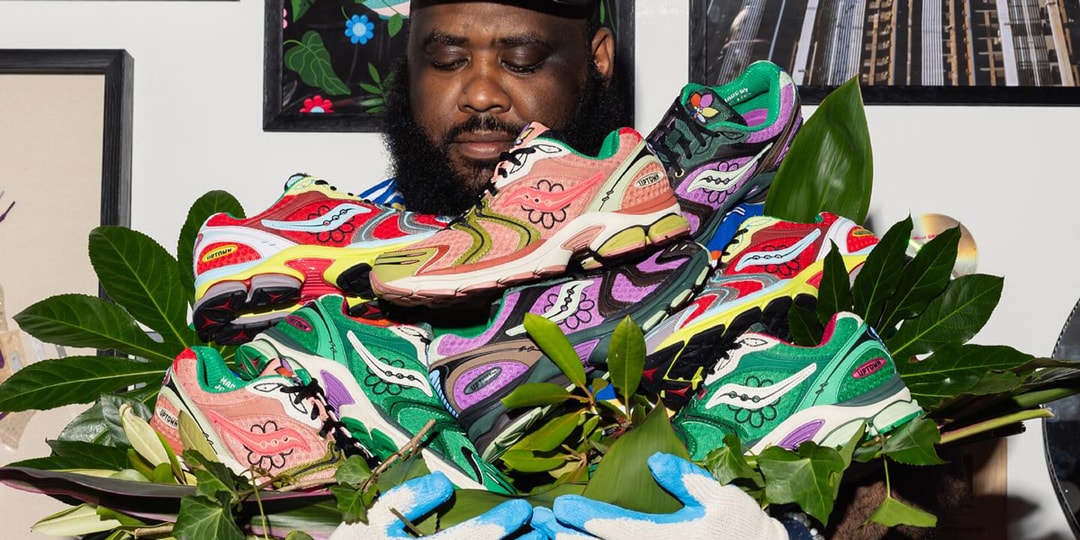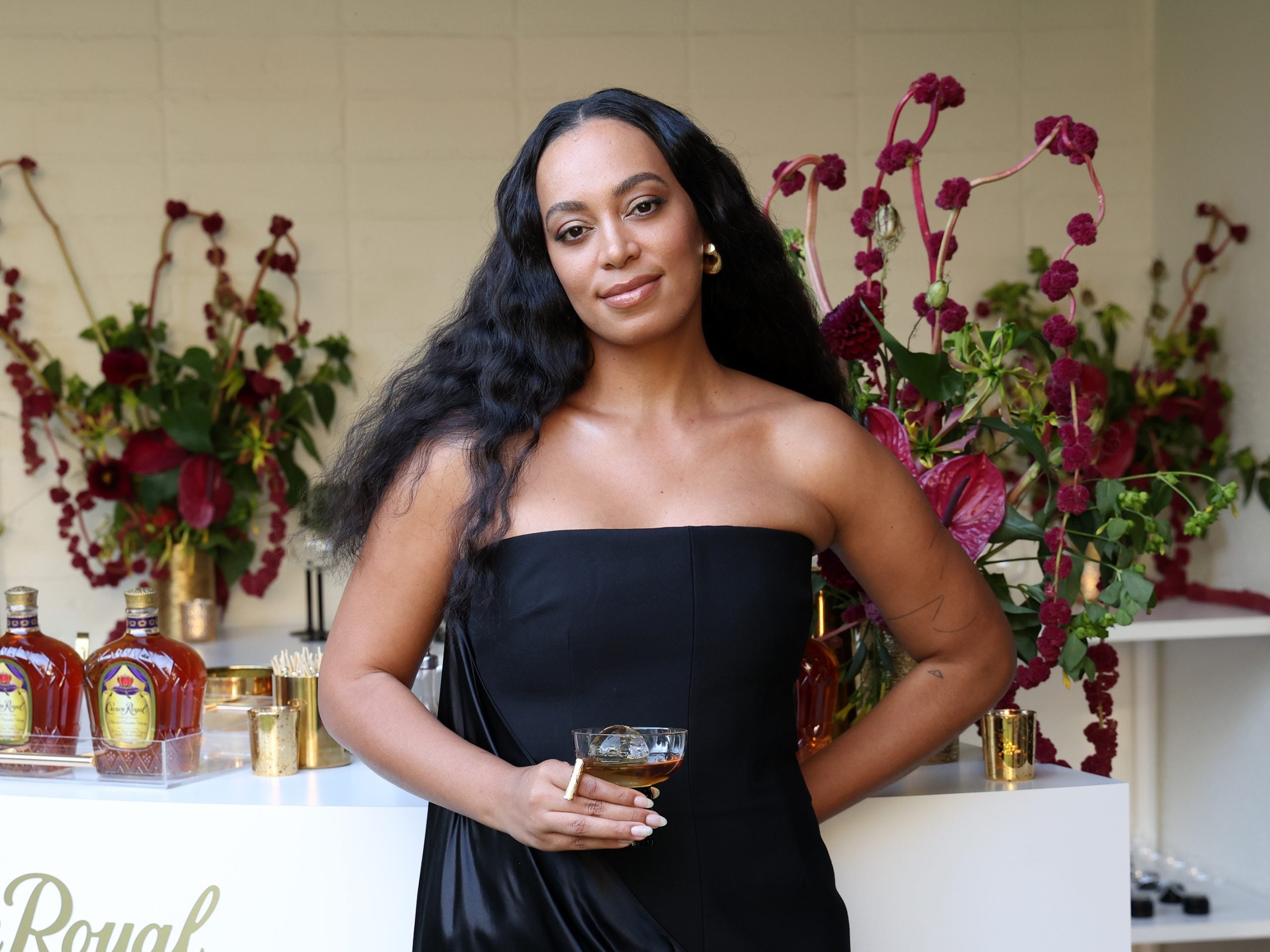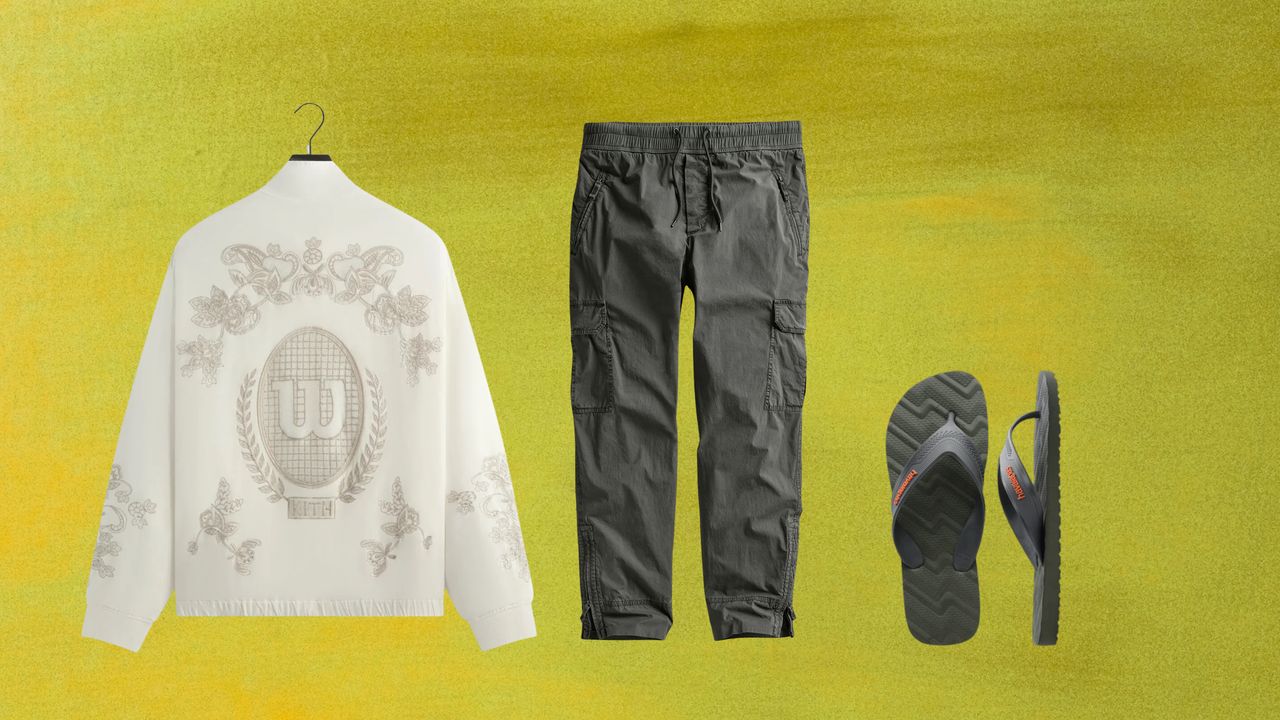Is the US appetite for UK series changing in a temperamental market? | Features | Screen
Screen speaks with buyers, sellers and analysts to assess the US’ continuing desire to bet on UK shows.

These days, it is not uncommon to hear a UK producer instantly invoke Susanne Simpson’s name when asked where their new show might land in the US. “Let’s just hope Susanne likes it,” goes the refrain. The affable executive producer of PBS’s long-running Masterpiece drama strand – one of the most sought-after US television executives working with internationals – is often the first port of call for UK television producers trying to secure a US partner.
But lately, in a testy market for co-productions with the US, there have been fears Simpson may be the only port of call. She assures Screen International that Masterpiece — which in March aired Wolf Hall: The Mirror And The Light, the second season of the BBC’s acclaimed Tudor drama — has a “clear path forward”. However, this comes as her future buying power is brought into question by US president Donald Trump’s threats to block taxpayer funding for PBS (aka the Public Broadcasting Service, the US’s non-commercial, free-to-air network) and its radio counterpart NPR. Simpson says that no current programmes through 2026 are affected, and 2027 and 2028 shows are already in development.
Yet producers are quick to lament a perceived dearth of interest from US buyers in international fare. Some point to a heady mix of relentless corporate overhauls and m&a activity causing content budgets to contract, while others suspect Trump’s protectionist ideology is prompting a drive for more domestic storytelling. “There is no question there’s been a chilling effect in the US on everything,” admits one Stateside buyer. As a result, producers say, the appetite for UK stories from once-reliable partners has declined rapidly.
“In the US, whether it’s HBO, Hulu or Peacock, they think about their market first,” says one UK-based producer. “However good the UK or international fare is, it feels like it’s still quite niche for US audiences. It’s a little bit like the clock is winding back 10 years in terms of the materials that people are looking for.”
So firmly rooted in the industry is this narrative that a recent report from the UK’s Commercial On-Demand and Broadcasting Association (COBA) was met with sheer puzzlement. The March 27 report — comprising the organisation’s own analysis of British Film Institute film and TV production spend data from January — detailed that co-commissions between US streaming giants and UK public-service broadcasters actually grew from 19 in 2023 to 27 in 2024, seemingly in sharp contrast to the experience of many producers trying to hammer out US deals.
“This is real,” says Adam Minns, executive director of COBA. “It is a fact these co-productions exist and are being made. Last year, there were 28 [co-commissions between UK and international players] and the year before there were 31. That is pretty much a steady level other than the Covid lockdown.”
So what accounts for the eyebrow-raising disconnect? Minns admits he is trying to sort that one out amid phone calls with confused producers. But he suspects a swell in returning series orders out of the US — amid a climate of intense risk aversion that eschews first-run originations — may be one key reason.
COBA’s dataset for 2024 includes new and forthcoming shows such as Lord Of The Flies (BBC/Sony), King And Conqueror (BBC/CBS), The Bombing Of Pan Am 103 (BBC/Netflix) and The Forsytes (5/PBS), but also spans a number of returning shows such as All Creatures Great And Small (5/PBS), The Undeclared War (Channel 4/Peacock), Everyone Else Burns (C4/Universal) and The Night Manager (BBC/Prime Video).
“[Almost] 50% are returning series, and then you go back about five or six years and that number would be about 20%, so that could be a problem,” says Minns. “Having said that, the number of co-productions over that period has gone up a lot. It’s not as simple as saying returning series are driving out the [first-run] dramas.”
Minns, who has led COBA since 2011, admits the recent findings are perplexing for various producers, “because if you sit down with a commissioner, they’re like, ‘No, we can’t do anything at the moment.’”
Yet the fact returning series are of interest to US buyers is hardly surprising. “Both [local] broadcasters and the US have been looking for the security of a known property,” he says. And even if a show is not necessarily a returning series, “it could be an adaptation of something that existed”, which goes some way towards explaining greenlights for Lord Of The Flies (William Golding’s 1954 novel has been adapted into two different English-language films over the years) and The Forsytes (the John Galsworthy books have been turned into a Hollywood film as well as BBC and ITV series in the past).
In reality, COBA’s findings are not particularly anomalous. Data from UK-headquartered media consultant Ampere Analysis, shared with Screen International, supports COBA’s report, and similarly reveals a fairly healthy market for co-commissions (for Ampere, the term refers to two partners coming in at the beginning of a production), both for UK and overseas buyers, and for the UK and US specifically.
Co-commissions with international partners for UK-originated originals dipped from 103 in 2022 to 80 in 2023, but rose to 102 last year. Meanwhile, co-commissions between the US and UK for first-run shows stayed flat at 21 in 2022 and 2023, and dropped slightly to 20 last year. Renewals, however, went from 18 in 2022 to 15 in 2023, before rising to 19 in 2024.
Guy Bisson, executive director of Ampere Analysis, says risk aversion in the US is being driven by the adoption of advertising on streaming platforms (all major global streamers now have ad tiers, except for Apple TV+), and thus heightened pressure on content spend, which propels broadcasters and streamers to “go with a safer bet”.
“The other factor is that when most of the studio streamers launched in 2020 and 2021, around the lockdown and pandemic period, all of their original commissioning was first-run because they were brand new,” says Bisson. “Now, they’re left with successful series they want to recommission.”
The third driver is licensing, which has come back into vogue in the past two years. “When streamers were obsessively trying to acquire subscribers, new original productions made a lot of sense,” says Bisson. “But it doesn’t make so much sense financially when you’re only trying to retain your subscribers.”
Licensing has proved to be a more cost-effective alternative. Bisson also suspects woes about US-UK relations differ based on the size and track record of a production company. “If you’re a smaller producer, you are finding it very difficult, full stop, at the moment, because we’re in this situation where the market has to rescale,” explains Bisson.
“We are down 25% in [TV] volume globally, and that’s affecting every region. It means the work that is around is disproportionately going to larger production companies, so if you’re in that group of small [companies], you’re probably not having a very nice time, and that’s why you feel there’s a complete disconnect.”
Indeed, a cursory look at recently announced shows reveals it is usually the larger scripted producers that hoover up buzzy commissions and renewals. For example, Killing Eve producer Sid Gentle Films is on board for the prequel Honey for the BBC and ZDF, while Doctor Who maker Bad Wolf received a series four greenlight for Industry from BBC and HBO, and Succession showrunner Jesse Armstrong’s Various Artists Limited and A24 received a second series for BBC and Hulu comedy Such Brave Girls.

Evidently, it is not that networks and streamers such as HBO and Hulu are completely out of the game when it comes to international fare; it is more that they are hyper-selective about the projects they board, who they work with and the funds they contribute.
Minns also points out that some big UK shows greenlit by the streamers, such as Netflix’s Adolescence and Baby Reindeer or Disney+’s Suspect: The Shooting Of Jean Charles De Menezes, are difficult to structure as co-productions because, increasingly, these players want the first window in the home market, which will not fly for a UK broadcaster.
Courtney Thomasma, EVP of linear and streaming products for AMC Networks, tells Screen: “There’s an appetite to own everything that you do and not to give up rights and key territories, so there might be a reflex to avoid the partnerships that existed in the past that made more of these co-productions possible.”
It poses a serious quandary for broadcasters such as the BBC and ITV, which must now “find partners who are willing to put up a significant amount of money”, notes one US buyer, “and they’re not there as much”.
That is not to say, however, that they are not there at all. When the streamers slammed on the brakes around programming, Masterpiece’s Simpson saw a tidal wave of new projects looking for partners. The executive says her strand’s involvement with 5 (formerly Channel 5) on The Forsytes reboot signalled that Masterpiece was “willing to make a bigger funding investment” in costume drama.
This has been especially welcome as, lately, UK broadcasters have retreated from florid costume dramas à la Downton Abbey due to changing audience tastes, the high costs of filming in the UK and the need for more diversity on screen.
As a result, in a rather impressive feat of reverse-engineering, Masterpiece has begun taking the lead in commissioning UK projects rather than boarding a project later on as a co-production or acquisition. Under this new strategy, the strand has served as anchor broadcaster for shows such as Miss Austen (which the BBC later acquired) and detective thriller Maigret (which is still looking for a UK buyer).
“It is a complete reversal of where we’ve been for many years with Masterpiece, [but it’s] to make certain we have those kinds of shows for our schedule,” explains Simpson.
BritBox and AMC Networks-owned Acorn TV have been key partners for broadcasters such as the BBC and 5, respectively. BritBox, which has no obligation to work with the BBC despite its full BBC Studios ownership, recently co-produced Agatha Christie mystery Towards Zero with the BBC and is also teaming up with the corporation on The Other Bennett Sister. Meanwhile, Acorn TV and 5 have linked up for two seasons of police drama Inspector Ellis and Murder Before Evensong.
Despite the market contraction in the US, a US outlet’s financial contribution is still robust for an international production, and a plum deal can be the difference between a project crewing up or falling by the wayside. But make no mistake, buyers are still under pressure to rein in costs.
“We want to continue to grow, but we’re still very disciplined, and we’re not in the market for big, extreme-budget shows,” says Robert Schildhouse, president of BritBox North America and general manager of BritBox International.
If a producer is willing to work with a UK broadcaster and European distributor, connect with BritBox for the US, Canada and Australia, and then sell the remaining territories around the world, “you can put together a very compelling finance plan to get a show made,” assures Schildhouse.
Acorn TV takes a similar approach for cost-effective projects, which makes its relationship with 5 — a UK broadcaster that has pioneered lower-cost drama — a congruous fit. “Acorn has found a formula of producing high-appeal stories at a price that makes sense for us to operate this business at a profit,” says Thomasma. “Production management and cost management has been a part of the DNA.”
Don Klees, SVP of programming for Acorn TV, adds that the streamer’s casting across its dramas is “reflective of budget realities”.
“We are not always going to get the big marquee name, but we have been very successful in homing in on actors who are very familiar, but haven’t gotten that chance to be a lead in their own right,” he says. “Sharon D Clarke in Inspector Ellis absolutely fits that bill.”

In contrast, Masterpiece can pay competitive fees when it comes to securing coveted star-led costume dramas for the strand, but Simpson notes the soaring costs of UK drama “have been so high that, for our other shows, we have to put a limit on how much we can spend”.
“It’s a balancing act in our budget between the very expensive period and costume dramas, and then finding mystery contemporary shows that might be at a lesser cost, to balance things out,” she adds.
The Boston-based executive, who has overseen Masterpiece since 2019, says she is “extremely happy” that UK commissioners are looking to bring down the top prices per episode, “because it makes [productions] doable, and we can continue”.
“It’s always been a funding triangle between us, the UK broadcaster and a distributor, and during the time that the streamers were pulling back a bit, a lot of the distributors — and us — were filling the gap.”
The distributors did so to keep the pipeline of content flowing, but as Simpson observes: “They’ve reached the point where they can no longer sustain that gap and need to find more reasonably priced shows. And the same is true for us.”
This spring, adding fuel to existing concerns about the direction of storytelling in the US, Donald Trump dropped a bombshell on social media that sent the industry (and media stock prices) spiralling. The US president announced a 100% tariff on movies entering the US that are produced in “foreign lands”. Although the president has since dialled down his bombastic claims, a draft proposal penned by his special adviser, actor Jon Voight, revealed that a 120% tariff on film and TV and strengthened federal and state tax incentives are indeed being discussed at the White House.
How are US networks responding? Most buyers — much like the rest of the industry — are unclear about how the tariffs will work and, indeed, whether they are enforceable. However, any kind of penalty on overseas filming would almost certainly impact outlets such as Masterpiece, BritBox and Acorn TV. “Don and I are still at the very front lines of trying to learn exactly what this is,” admits Thomasma. “We are actively monitoring it and we’ll continue to dig in and see if and how this might impact Acorn TV.”
Schildhouse, meanwhile, says there is “no pivot” around greenlights as a result of Trump’s threat, but notes that he is “plugged in” to a working group at BBC Studios that is trying to understand the fine print of whatever guidance emerges. “We are obviously not the only group within the broader BBC that’s thinking about this, so we’re plugged in, because their sellers are programming from the UK, and they sell to the US market. We are paying attention like everyone else, but we don’t actually know what it all will mean yet.”
One executive, reflecting on the impact of Trump’s second presidential term on the industry, says a lot of people are taking a “wait it out” approach. “There’s no question US broadcasters and the film industry are aware of the environment now,” they note. “As commercial entities, they probably have more difficult choices these days than they have in the past.” Trump may have a limited term, they add, “but you might have to wait it out for a couple of years before things return to normal”.
One producer is not sure whether they can afford to delay that long. Increasingly, producers in Europe and elsewhere are trying to draw up alternative finance models that bypass the US entirely. “We are trying to bring the budget down so we don’t have to deal with the US,” says the source.
But for a show that is even remotely ambitious, with a budget to match, European or Canadian co-productions will realistically only take it so far. US buy-in still carries a remarkable ability to fast-track productions and get big international shows made. “You need a US partner, or you need a streaming partner for the rest of the world — or you just do it with a streamer. And it’s nice to have a big streamer show from time to time,” notes the producer. “But you don’t create value in the company this way.”









:max_bytes(150000):strip_icc()/Parents-Daniel-Tiger-Season-8-3b3a5fe4bee54058a278b38416276110.jpg)



